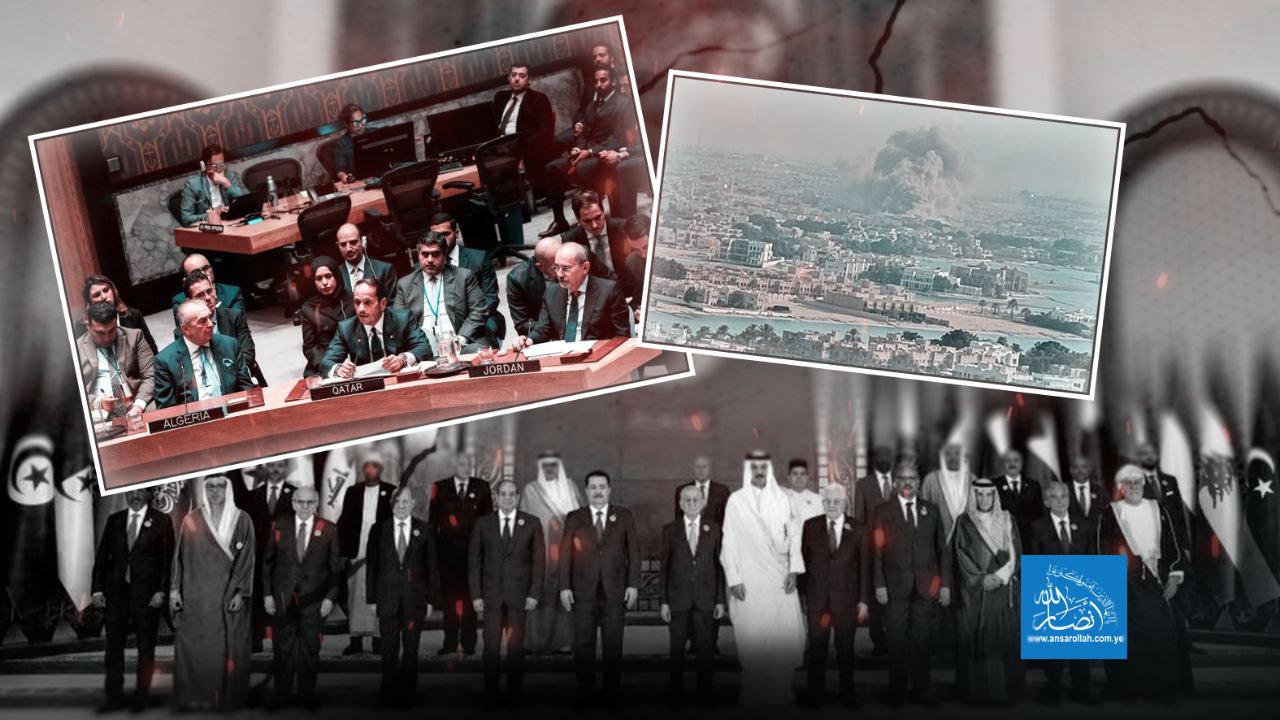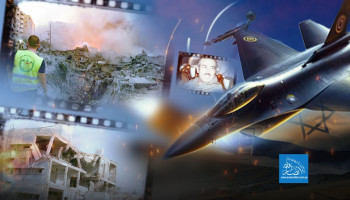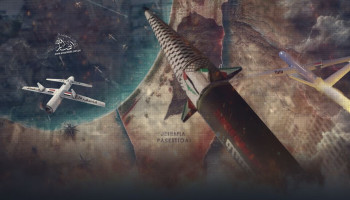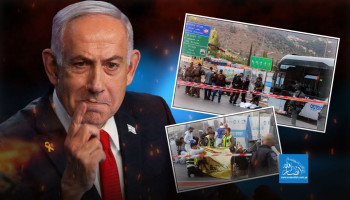Ansarollah Website Official Report
Published: Rabiʻ I 23, 1447 AH
On September 9, 2025, the Qatari capital Doha came under direct Israeli bombardment, targeting a residential neighborhood that also hosted delegations engaged in negotiations. The attack, which killed one Qatari citizen and left several civilian casualties, marked an unprecedented escalation: the Zionist entity extended its strikes beyond Palestinian territories to directly target an Arab capital playing a mediating role.
In response to this dangerous development, the region witnessed urgent diplomatic movements that culminated in the call for an emergency Arab-Islamic summit in Doha. Foreign ministers prepared a draft statement addressing several key points:
-
Condemning the Israeli attack on Qatar as a “cowardly and illegitimate assault” and a blatant violation of the sovereignty of an Arab state.
-
Expressing solidarity with Qatar and framing the assault as aggression against all Arab and Islamic nations.
-
Linking the attack to the Palestinian cause, stressing that it falls within the Israeli enemy’s ongoing policies of displacement and ethnic cleansing.
-
Calling for international action to halt Israeli aggression, end the occupation, and support mediation efforts.
Yet, despite the strong language, the draft statement lacked concrete deterrent measures against Israel. Instead, it leaned more toward political analysis than punitive action. Even its reference to obstructing normalization processes appeared more like a plea than a firm stance. No Arab state reduced its diplomatic relations, no economic boycott was activated, and nothing indicated genuine Arab outrage or a serious will to deter the aggressor.
Contradictions on Display
Despite the force of its headlines, a close reading of the draft statement reveals a heavy reliance on familiar diplomatic language that reproduces traditional positions: condemnation, appeals for international action, reiteration of support for a “two-state solution,” and emphasis on the sanctity of al-Aqsa Mosque. While symbolically significant, these words fall short of matching the gravity of an Israeli strike on an Arab capital—especially one that is both a Gulf Cooperation Council member and a primary mediator between Palestinian resistance and the Zionist entity.
The greatest paradox lies in the absence of a collective practical response. The attack was ultimately absorbed within the framework of political denunciations and diplomatic communiqués. The final statement even praised Qatar’s restraint, which could be read less as firm solidarity and more as an indirect “Israeli thank you” for avoiding escalation.
A Summit Without Deterrence
Compared with the behavior of major powers, the contrast is stark: when Russian drones breach NATO airspace, warplanes immediately scramble and launch deterrent operations without waiting for a summit or statement. By contrast, when an Arab country is bombed, condemnations pile up, summits convene, and sheep are slaughtered to welcome delegations—yet no tangible deterrent action follows.
This highlights a structural flaw in Arab-Islamic joint mechanisms, where summits serve less as decision-making platforms and more as outlets for political frustration, producing lengthy statements that quickly fade once the summit ends.
Deeper and More Dangerous Political Dimensions
By striking Doha, the Zionist entity and its war-criminal leaders sought to demonstrate their ability to cross red lines and target even mediators, aiming to obstruct peace efforts that do not align with their vision.
But how did the Arabs respond?
The maneuvering before the summit revealed that some capitals—led by Abu Dhabi—rushed not to express solidarity, but to ensure positions remained within controlled limits and avoided escalation against the Israeli enemy, thereby weakening any collective stance.
The assault on Doha could have been transformed into a historic moment to redefine Arab-Israeli relations and perhaps suspend normalization tracks. Instead, the final statement suggests that priority was given to containing the situation rather than leveraging it politically.
Conclusion
The Doha emergency summit underscores the dilemma of Arab-Islamic joint action: swift gatherings, sharply worded statements, but limited practical consequences. While the Zionist enemy continues to impose new realities by force, Arab and Islamic responses remain confined to diplomatic condemnation. This widening gap between the scale of challenges and the scale of responses sends a clear signal of encouragement to the Israeli enemy to persist and expand its aggression. The result deepens frustration across Arab and Islamic societies, which await a shift capable of reassessing the present reality and seizing it for meaningful change.







